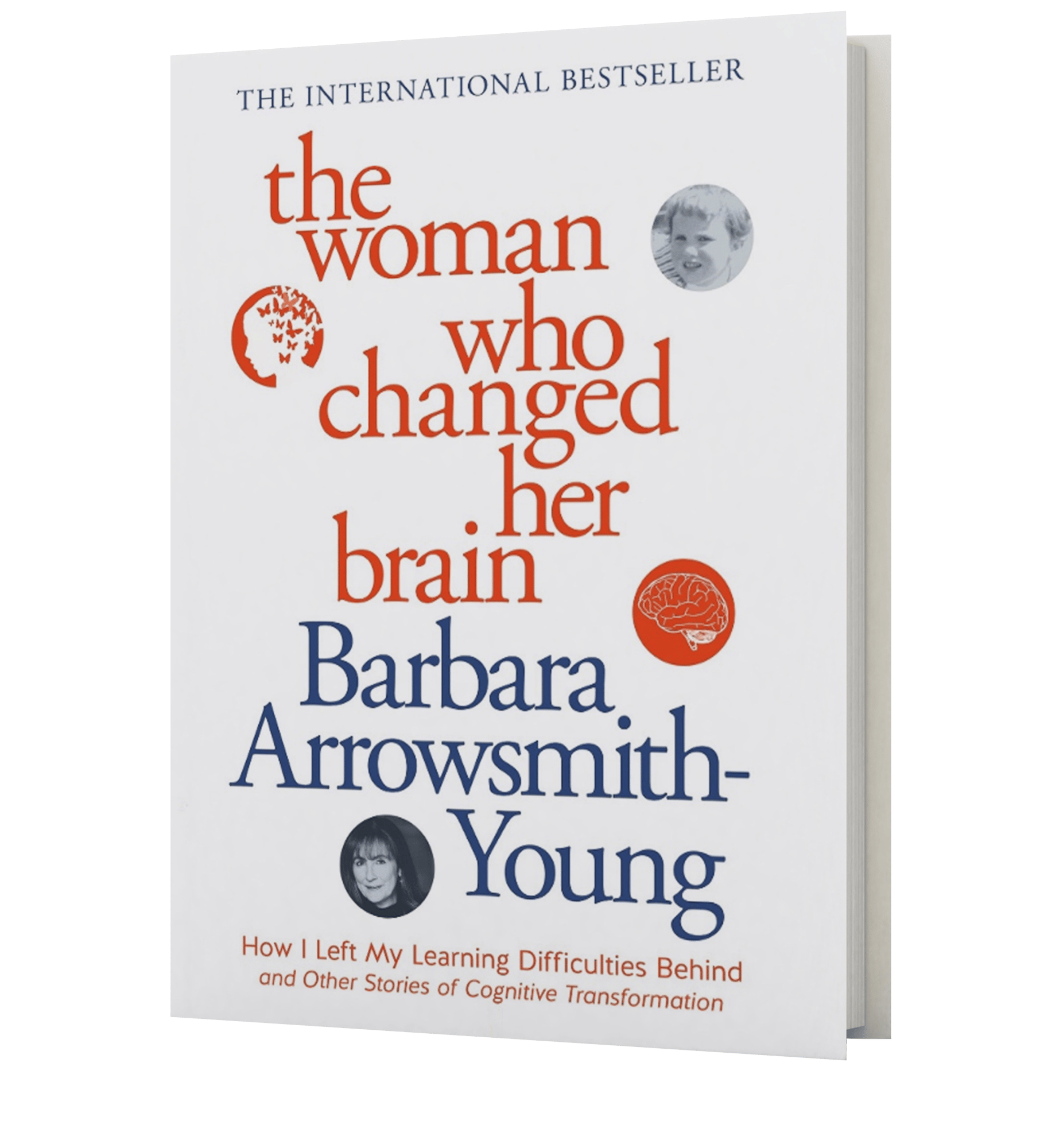Often diagnosed as Central Auditory Processing Disorder or CAPD, this issue can impact listening, comprehension, and communication skills.
Like other learning disabilities, this diagnosis can appear differently for different people. No two brains are alike, no two cases of CAPD are exactly the same.
Some mishear similar words like hear and fear, others struggle to remember details in conversations or lectures. Others appear distracted or inattentive.

Auditory Processing difficulties can be caused by weaknesses in any of the following cognitive functions:

Throughout adulthood we are expected to listen, discern, understand, and communicate. Managing successfully in professional and personal environments is often complicated by this diagnosis.
Hearing but not understanding; this is the experience of someone with an auditory processing issue. Not being able to process the world around us in real time can be overwhelming and isolating.
Take our 30-minute cognitive profile questionnaire to start the journey into understanding your brain's strengths and weaknesses through a cognitive lens.
The Arrowsmith Cognitive Assessment, administered by an Arrowsmith trained professional, will provide you with an in-depth insight into your unique cognitive profile.
Identifying the core causes of this experience can be illuminating. Individuals and their families can finally come to understand why certain experiences have been frustrating.
Addressing an auditory processing disorder is empowering. Individuals report a profound shift in their ability to understand and follow complex debate, their child’s ability to contribute to dinner table conversations in ways they’ve never done before, others can remember details of homework assignments and instructions.
At Arrowsmith, we can measure – and strengthen – auditory processing difficulties based on one’s unique profile and goals. Contact Arrowsmith to understand what’s possible, at any stage in life.

You can find more information on this topic in Chapter 8, Lost in Translation of Barbara Arrowsmith-Young’s, The Woman Who Changed Her Brain.
Talking on the phone, busy restaurants, and parties were all terrifying places for me because I was constantly mishearing, misunderstanding, and making mistakes. Life is different now. No more answering questions with questions. Noisy party, loud music? Bring it on.
I was diagnosed with a Central Auditory Processing Disorder at age 36. At Arrowsmith my expressive and receptive language skills improved quickly. My reading comprehension improved as did my ability to use language and to remember the order of words in a sentence. Arrowsmith has been the best learning experience of my life.
Since Arrowsmith, I’ve observed a significant increase in the complexity in my son’s speech patterns and expressions. Not only has his vocabulary greatly expanded, but he has learnt to assemble words together in coherent and surprisingly creative ways to express his thoughts. This has given him the confidence to speak more and debate ideas, which has in turn developed that self-belief required to succeed in all aspects of life from social to academic.